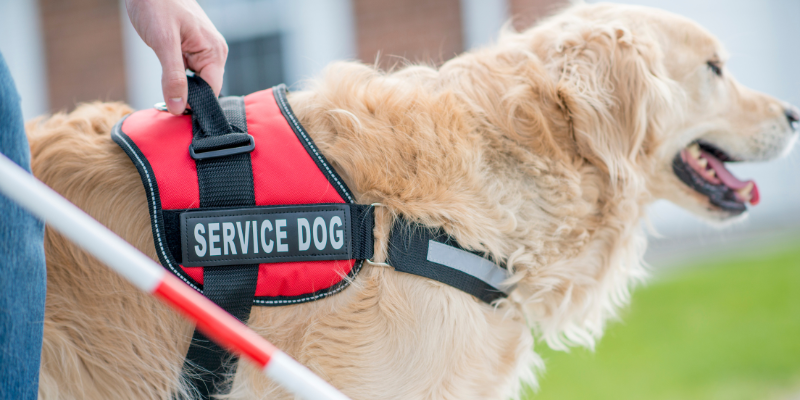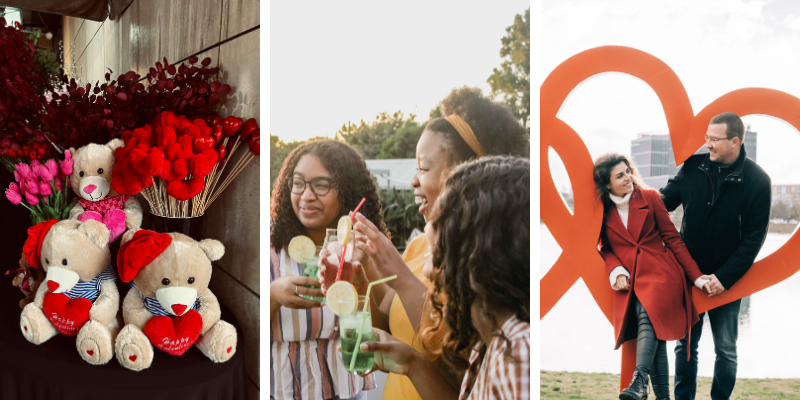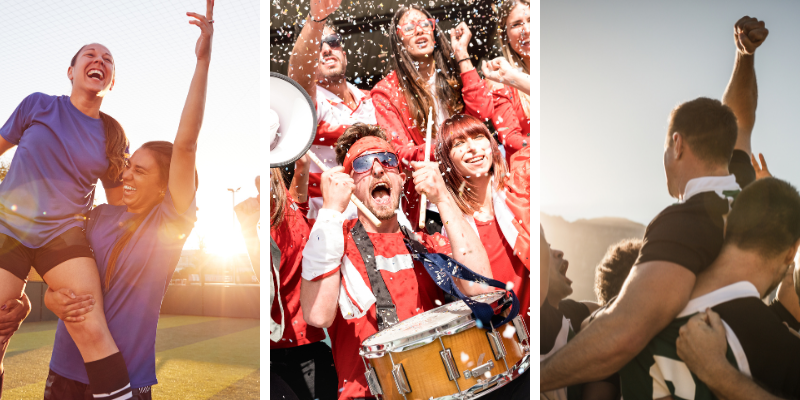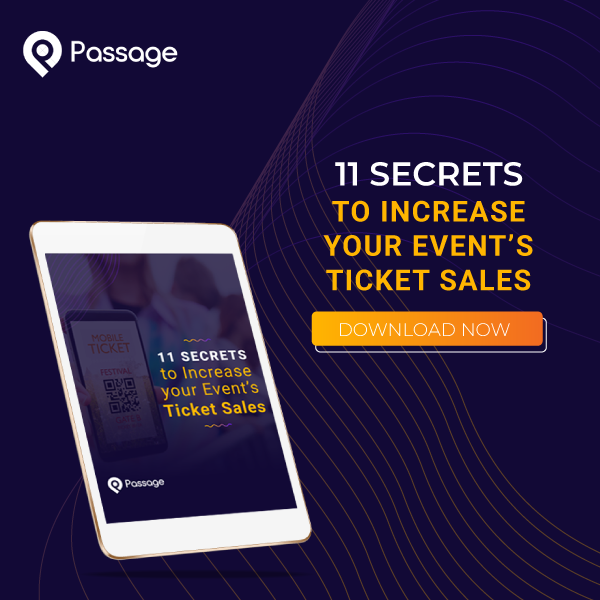With 1 in 4 adults in the United States having some type of disability, it is more important than ever for event producers to strive for inclusivity and accessibility in their events. Making sure that your event is accessible to individuals with a wide range of disabilities is not only a legal requirement, but also is a way to create a more inclusive and welcoming environment for all of your attendees. For those who live without disabilities, it can unfortunately be easy to unintentionally gloss over the needs and experiences of those who may require additional accommodations. In this blog, we’ll talk about the must-know aspects about ADA requirements to help you better plan and execute your next event.
What is the ADA?
The Americans with Disabilities Act (ADA) is a landmark legislation in the United States that provides fundamental rights for individuals with disabilities and protects them from discrimination. All public accommodations and public events are required to follow certain event accessibility guidelines to ensure that all guests are able to experience the event as intended. There are many different types of disabilities. Some come with visible accommodations (for example, a person who is blind using a mobility stick), but also there are many invisible disabilities (like PTSD, seizure disorders, and more) that may still require accommodations. Accounting for varying types of disabilities at your event goes beyond just following ADA venue requirements, as a truly inclusive event also involves having accessible online communications, facilities for service animals, and more.
Venue Accessibility
Hosting an accessible event begins with choosing the right location. Ensure that the venue has ramps or elevators for wheelchair access, accessible parking spaces, and inclusive restrooms. The ADA states that there needs to be at least one ADA-compliant door or doorway leading into the event venue, and that door openings need to be at least 32 inches wide. If your chosen venue falls short in any of these areas, you’ll need to make the necessary arrangements to address the accessibility gaps. Therefore, going into your venue search with accessibility in mind and finding a venue that already complies with ADA requirements can make this process much easier.
.png?width=800&height=400&name=_Venue%20Accessibility%20(1).png)
Website Accessibility
In today’s digital age, we rely on technology for pretty much everything. Important event information and registration are often found online through an event’s website, online ticketing company page, or social media profiles for the convenience of guests. With this in mind, it’s important that your website and other online materials are also accessible to those with disabilities. The Web Content Accessibility Guidelines offers many great tips for how to make sure that your materials are more accessible. Making sure that text and images are compatible with assistive technology, like screen readers, is a huge aspect of this. To do this, provide alternative text for images, avoid graphics that replace text, and provide transcriptions for any videos.

Accessible Seating
Allocate a sufficient number of wheelchair-accessible seating spaces in various sections of your event venue. Although highly inappropriate, some event producers result to placing these seats in the back of the venue or wherever they have the extra space to comply with ADA requirements. Don't make this mistake. Dedicate spaces where individuals with disabilities will have equal opportunities to enjoy the event from a comfortable vantage point. Ensure that these spaces are clearly marked and do not mistakenly become occupied by those who do not need them. Keep in mind that accessible seating should be dispersed throughout the venue to provide options for different preferences.

Mobility Impairment Needs
The layout and design of your event should be accessible by those who face mobility challenges. While the needs of wheelchair users may come to mind first, it’s important to know that some people with mobility challenges may instead use scooters, braces, walkers, canes, or artificial limbs. If your event is being held outdoors, you may have to consider how the type of footing (like gravel) can be a tripping hazard and more difficult for attendees to travel on.

Hearings and Vision Impairment Needs
Not everyone who attends your event will communicate in the same way. Therefore, it’s crucial to accommodate those who face hearing and/or vision challenges that can affect how they interact with others and experience the event. For those with hearing impairments, provide sign language interpreters or captioning services for all presentations, speeches, and important announcements. Additionally, offer assistive listening devices. For those with vision impairments, provide important event information in Braille or large-print formats. If directions are being given during the event, make sure that they are clear and direct so that everyone can follow along. It’s important to communicate these accessibility features in advance so attendees can request them if needed.
.png?width=800&height=400&name=Hearings%20and%20Vision%20Impairment%20Needs%20(1).png)
Service Animal Needs
Many people with disabilities rely on service animals to be able to move around or manage their condition. Service animals are NOT considered pets. They are trained to perform a vital job and therefore must be granted access into events under the ADA. This means that you should also consider offering facilities that cater to the needs of service animals at your event. This can include designated relief areas where service animals can take care of their needs comfortably. Additionally, providing water stations or accessible water bowls for service animals to stay hydrated, or quiet areas where service animals can relax and take a break from the event's stimulation, is greatly appreciated.

Equal Participation for All
Everyone should feel welcomed and experience your event as intended. Building this into the pre-planning for your event and creating an event accessibility checklist makes this process go much smoother. By understanding the legal rights and providing appropriate accommodations, you can work to create an environment that welcomes all attendees. While you’re planning your perfect event, let us handle your online ticketing so you can put your focus on what matters the most. Schedule a demo with one of our highly skilled event experts to learn how you can set up ticketing for your event in less than 60 seconds.










